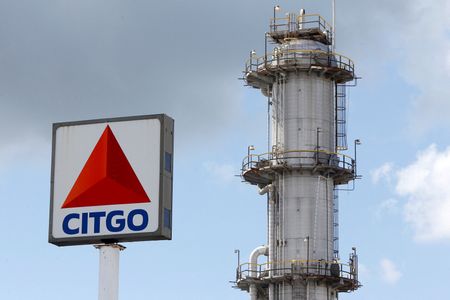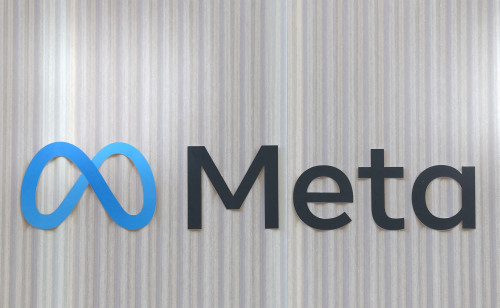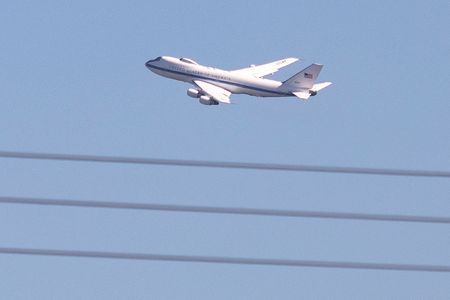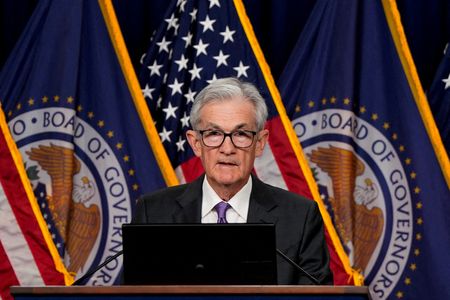By Ron Bousso, David French and Marianna Parraga
LONDON/HOUSTON (Reuters) – Hedge fund Elliott Investment Management is weighing a bid for shares in the parent of oil refiner Citgo Petroleum under a U.S. court-ordered auction, while a group of creditors represented by Centerview Partners aims to lure ConocoPhillips to join another offer, five people close to the matter said.
Investment banker Centerview has been retained to craft a potential bid on behalf of investors and creditors pursuing Venezuela’s foreign assets in federal court in Delaware to recoup claims for expropriations and debt defaults, three of the people said.
The Centerview group wants oil producer ConocoPhillips, which holds the largest claims in the court case, to join its effort ahead of the final bidding round, which closes in June. Conoco has not decided if it will, a person familiar with its thinking said.
Elliott, which has billions of dollars in investments in U.S. oil refining companies, separately met with Citgo managers to obtain financial and operational information as part of its preparations for the bidding round, two of the people said.
The arrival of two groups with substantial resources and experience in corporate restructurings has increased the likelihood of an ownership change for the century-old refiner, which is the crown jewel of Venezuela’s foreign assets.
The court is auctioning shares in Citgo parent PDV Holding after a trial that broke new legal ground in sovereign immunity cases by finding the company liable for the South American country’s past debt defaults and expropriations. PDV Holding’s only asset is Houston-based Citgo.
A total of 18 creditors collectively claiming $21.3 billion have been cleared to cash proceeds from the auction. The court’s sales process is set to be completed in July after seven years of litigation.
BUY AND SELL
Conoco was among 12 groups that submitted indications of interest during a first bidding round in January, Reuters has reported.
Conoco could still join the Centerview group or team with Elliott. Binding offers are due by June 11.
The group represented by Centerview does not intend to own the seventh-largest U.S. refiner in the long term. It is considering forming a holding company that would allow participants to recoup claims and profits by selling stakes in the future, two of the people said.
Oil refiners Koch Industries and PBF Energy also are weighing binding offers, one of the people familiar with the auction said.
Centerview and Elliott declined comment on the bidding. Spokespeople for Koch and PBF did not immediately reply to requests for comment.
A Conoco spokesperson declined comment on bidding, but said: “We will pursue all legal avenues to obtain a full and fair recovery.”
Citgo and boards supervising the refiners did not immediately reply to requests for comment.
CREDIT BIDS
The 18 creditors pursuing Venezuela’s foreign assets include Conoco, miners Crystallex, Rusoro Mining and Gold Reserve, oil services firm Tidewater and units of Koch and Huntington Ingalls.
The court has ruled that the creditors can submit bids for PDV Holding shares consisting partially or entirely in credit offers using their claims.
Credit bids for the shares must include cash to cover higher-ranked creditors, which could require Conoco or others to pool their claims and submit a cash-and-credit bid, one of the people said.
Elliott was one of the first parties to meet with Citgo executives for details of the company’s operations, one of the people said.
The highest bid in the first round was $7.3 billion, below the $13 billion to $14 billion value put on the company by court-appointed specialists. That offer, called “disappointing” by a Citgo lawyer, had raised the prospect that only a handful of creditors would receive proceeds without a higher offer.
Citgo has been very profitable, generating $4.8 billion in combined net earnings over the last two years from its three U.S. refineries, a network of storage terminals and pipelines, and distribution agreements with thousands of fuel retailers.
Although Citgo is owned by Venezuela, in 2019 it severed ties with its ultimate parent, Caracas-headquartered state company PDVSA. It is since operating under a U.S. license that protects it from creditors. Any buyer would need U.S. Treasury approval to complete the purchase.
Both Venezuela’s President Nicolas Maduro and the country’s political opposition have criticized the auction, saying it does not represent a balanced process to pay off the largest possible number of creditors.
(Reporting by Ron Bousso in London, Marianna Parraga in Houston, David French in New York, and Svea Herbst in Boston; editing by Gary McWilliams and Nick Zieminski)




